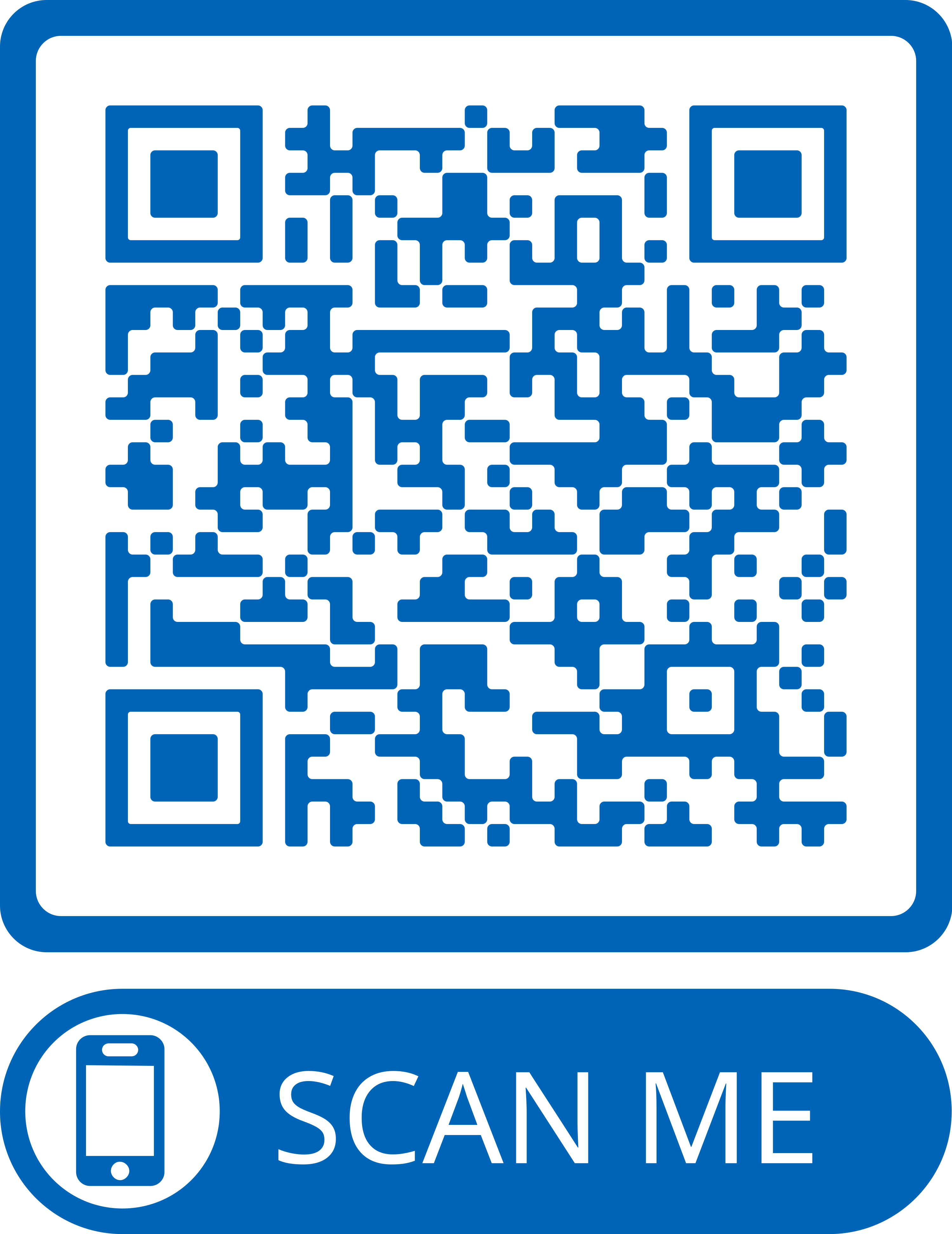- Reference Number: HEY-246/2023
- Departments: ENT
- Last Updated: 28 April 2023
Introduction
This leaflet has been produced to give you general information. Most of your questions should be answered by this leaflet. It is not intended to replace the discussion between you and the healthcare team, but may act as a starting point for discussion. If after reading it you have any concerns or require further explanation, please discuss this with a member of the healthcare team.
What is a manipulation under local anaesthetic (MUA) of the nose?
After discussion with your doctor he has advised manipulation of the nasal bones to straighten the nose and aim to improve your breathing. This will be performed under a local anaesthetic.
Can there be any complications or risks?
MUA of the nose should ideally be done between 7 and 14 days post injury; this is to ensure that the nasal bones have not incorrectly set in place.
It is not always necessary to have an MUA and is not always successful.
There may be a little bleeding following the procedure but not very often.
A small injection of local anaesthetic is given into either side of the nose.
REMEMBER TO INFORM THE DOCTOR OF ANY DRUG ALLERGIES
Post treatment advice
- Be careful not to knock your nose for 2-3 weeks following the procedure
- If you notice your shape of your nose has not improved after a period of 3 months, please return to your GP for a referral back to the ENT Rhinoplasty clinic
- If your airway has not improved or your feel congested again, please return to your doctor for a referral back to ENT
Should you require further advice on the issues contained in this leaflet, please do not hesitate to contact the ENT Department (01482) 468380
This leaflet was produced by the ENT Department, Hull University Teaching Hospitals NHS Trust and will be reviewed in April 2026.
General Advice and Consent
Most of your questions should have been answered by this leaflet, but remember that this is only a starting point for discussion with the healthcare team.
Consent to treatment
Before any doctor, nurse or therapist examines or treats you, they must seek your consent or permission. In order to make a decision, you need to have information from health professionals about the treatment or investigation which is being offered to you. You should always ask them more questions if you do not understand or if you want more information.
The information you receive should be about your condition, the alternatives available to you, and whether it carries risks as well as the benefits. What is important is that your consent is genuine or valid. That means:
- you must be able to give your consent
- you must be given enough information to enable you to make a decision
- you must be acting under your own free will and not under the strong influence of another person
Information about you
We collect and use your information to provide you with care and treatment. As part of your care, information about you will be shared between members of a healthcare team, some of whom you may not meet. Your information may also be used to help train staff, to check the quality of our care, to manage and plan the health service, and to help with research. Wherever possible we use anonymous data.
We may pass on relevant information to other health organisations that provide you with care. All information is treated as strictly confidential and is not given to anyone who does not need it. If you have any concerns please ask your doctor, or the person caring for you.
Under the General Data Protection Regulation and the Data Protection Act 2018 we are responsible for maintaining the confidentiality of any information we hold about you. For further information visit the following page: Confidential Information about You.
If you or your carer needs information about your health and wellbeing and about your care and treatment in a different format, such as large print, braille or audio, due to disability, impairment or sensory loss, please advise a member of staff and this can be arranged.

